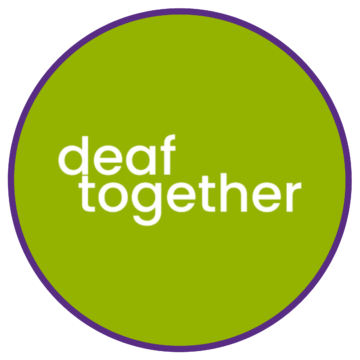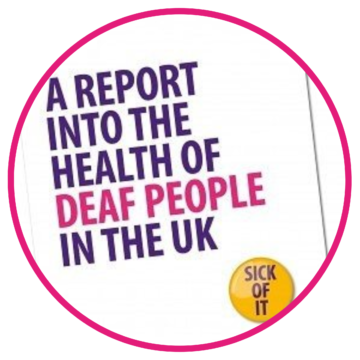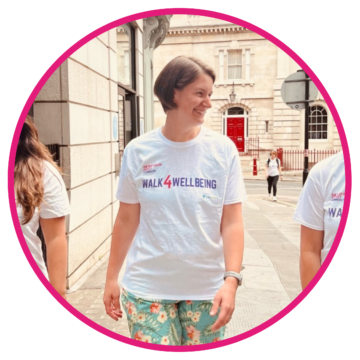In March 2020, as lockdown came into effect and services across the country switched to phone consultations, Deaf people needed a solution fast to address this new barrier to healthcare in the UK.
Now, one year on, SignHealth looks back at all that was achieved by BSL Health Access, the feedback we have received and the insights we’ve gained from the 25,000 conversations that have been made possible.

As social distancing measures continue, and the UK takes on the largest ever vaccine deployment programme, BSL Health Access has never been more needed.
SignHealth launched a free on-demand 24/7 remote interpreting service, using our charity’s reserves of up to £800,000 called BSL Health Access, in partnership with online interpreting company InterpreterNow, to enable Deaf people access to the medical services we need, free of charge, during the pandemic.
More than 100,000 Deaf people across the UK use British Sign Language (BSL) to communicate as our first and preferred language, but we know from our research (Sick Of It, 2014) that Deaf people’s health is poorer than hearing people’s, primarily due to communication barriers. When people wear PPE it makes communication and lip-reading impossible. We need to be able to communicate with doctors and nurses, how can it be a healthcare service for everyone if we cannot use it?
BSL Health Access Funding
When BSL Health Access launched, we were optimistic that NHS England or another government body would pay for the service, but in the meantime SignHealth invested £800,000 from our own reserves to kickstart the service and ensure Deaf people were not left waiting.
Late in 2020, the NHS agreed to cover running costs from December to the end of March 2021. This was to ensure the service continued into the winter while they reviewed BSL provision more broadly. That review is not yet complete and there is no clarity on what will happen once the current funding ends or how deaf people will access health services from 1 April if an in-person interpreter is not available or if the service they need is only contactable by phone.
James Watson-O’Neill, SignHealth Chief Executive, said:
“I am proud that SignHealth’s Board of Trustees agreed to fund this vital service from our charity’s reserves during the pandemic. While we are pleased that NHS England is funding the service until the end of March, we are very concerned for Deaf people’s health from 1 April onwards. Deaf people must be able to access healthcare, whether to visit their GP, have a scan during pregnancy, be treated in intensive care for Coronavirus or attend a vaccine appointment. SignHealth cannot afford to step in again and fund access to interpreters that Deaf people have a right to expect to be provided by the NHS.”
One year on, what has the service achieved?
The service grew even faster than we expected. InterpreterNow had to assign more and more interpreters to cover the calls. In addition to conversations with GPs (61% of the conversations), BSL Health Access also enabled important conversations at hospice centres with the Deaf relatives of people at the end of their lives. Vital conversations happened at hospitals (18% of the conversations) where Deaf patients were unable to have interpreters or family members there due to social distancing restrictions.
“Was in the hospital and used my iPad to access app. It saved my life.”
Urgent conversations were had with emergency services at homes with sick babies and elderly family members. 4% of conversations were with dental services. Very specific instructions were clearly communicated at COVID-19 testing sites and vaccination centres using BSL Health Access despite face masks.
A Deaf man said to InterpreterNow, “For the first time in my life, I felt independent to be able to click on my mobile phone whenever I needed to and an interpreter appeared on the screen. I was able to have a clear and empowering conversation with my GP for the first time ever. Usually I have to wait two weeks to see my GP whilst they book interpreters, even when my appointment was urgent.”
We call for NHS England to continue to fund this vital life-saving service.





